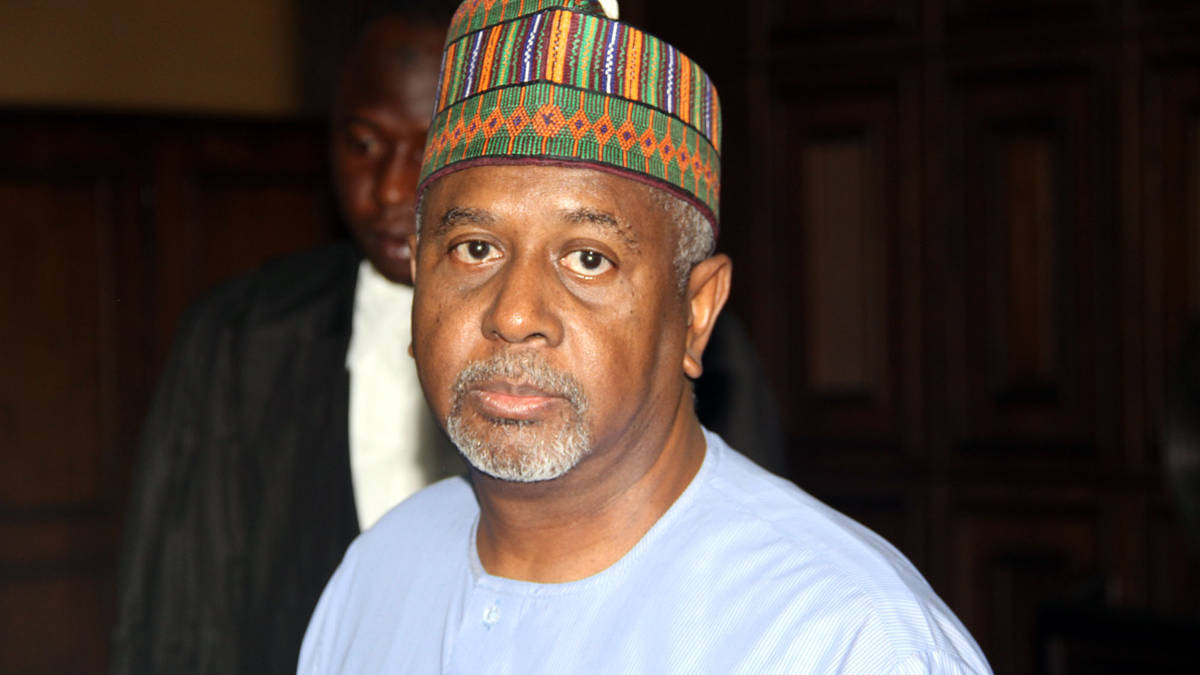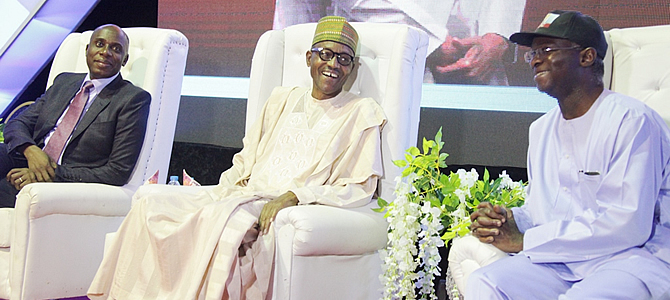Yesterday, I came across a newspaper advert, which I put up on social media across various platforms. The advert, was an invitation by the office of the National Security Adviser to contractors who had worked for that office over the last four years to come in for a verification exercise between today and next Wednesday.
One of the many reactions on Twitter was someone who asked a simple question, “Which years?”. That question may not appear to be much, but in our very polarised environment, it is very charged. The mindset of the person asking the question is a mindset which is very often seen amongst supporters of the previous federal administration, especially in the wake of the probe into the activities of the former National Security Adviser: “selective justice” or “witch hunt”.
Now let us get one thing straight: the people who are calling the current war selective are right. The fight is selective. It is looking mainly at members of the last administration at the federal level. But one thing they are missing is this: a selective fight against corruption is better than no fight at all. There are certain things that must be pointed out:
Firstly, it is literally impossible for the federal government, with its lean resources (let no one deceive you about federal might) to arrest every corrupt Nigerian at the same time. The prison cells will be overflowing, and I suspect that some of the arresting officers will be a part of those who will have to make their homes in such cells. The last time a government turned against its population in such a huge manner was when Iosef Stalin unleashed Nikolai Yezhov on the people of the Soviet Union during the great purge. It did not end well for the Soviets, it did not end well for Yezhov himself.
Second, it will be silly for a leader to start a “fight against corruption” by decapitating the very people on who’s goodwill he is reliant to prosecute that fight. If he is sincere, he will eventually get to them, but they can wait. If we are to be honest, which I suspect are, deep down, we will know this. But in a country where the cancer of dishonesty has eaten so deep, we have developed a sad tendency of telling relative truths. We only say the truth when it is convenient, or when it will score us a political point.
Thirdly, when a politician, especially one who served in a time in which we saw a portion of our country the size of Belgium seized by a rag-tag band of insurgents only for things to suddenly turn around and the army begin to perform “miracles” when it was politically expedient, begins to tell us that he is being “selectively persecuted”, it amounts to an insult to all of us. I hate being insulted. What such a politician should be telling me is this: I did not steal, and here is the proof.
We live in a country where for the last few decades, we have watched many Joe Publics walk into government appointments and emerge at the other end of it as very well appointed members of the elite. In between all of that, we have watched our country go from bad to worse to worst. Infrastructure has collapsed, services have disappeared, and we have raised a generation of people who frankly are too ignorant to engage their ability to think critically.
Let’s ask a fundamental question: if a robber is caught on your street, what would your reaction be, if upon reaching the station, he accuses all of you of catching him, and letting his partner go for whatever reason? Does that change the fact that he is a robber?
If there is anything that the current Dasuki scandal ought to have shown us, it is that in Nigeria, there are no tribes, no religions. What we have are those with access to our commonwealth, and those without access. It is important that those with the access are made to, at all times use it properly for the benefit of the majority of the people, and when their time in what is nominally public service is over, account for that service. The fight against corruption has to start somewhere, somehow.
If a “selective fight against corruption” is what is required to reset that mindset, then so be it.
Follow Cheta Nwaze on twitter @chxta






















